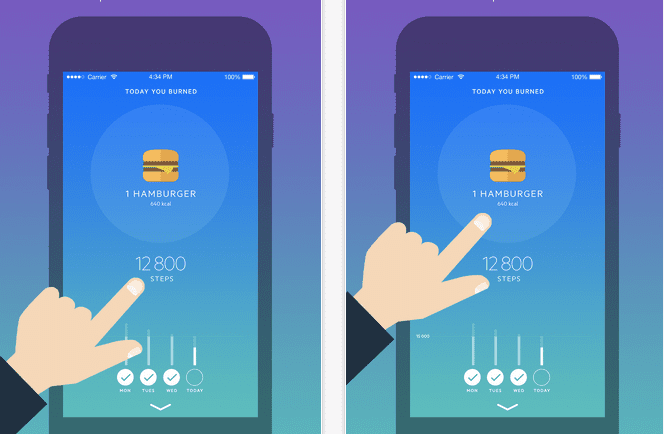
Testing is a vital factor of mobile app development. It enables you to identify and correct any errors that exist within the program. With testing, you can reduce bugs and encourage more people to use your mobile program.
Mobile app testing is the procedure of checking for errors, and you can do it in various ways. One example is cloud testing. It is where you use cloud-based computing tools to examine the mobile application.
Cloud testing also ensures reliable data security if you hire professional testers like QAwerk to examine the app. Without further ado, here are the reasons why testing is vital before your mobile app’s release.
1. Improve User Interface
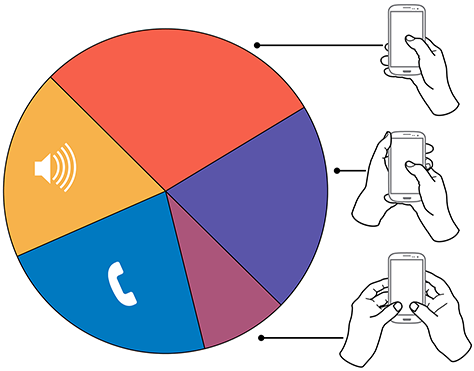
First impressions matter and the user interface is the key to attracting people to use your mobile application. It is the visual graphics that a user interacts with and how your program displays on the screen.
When designing the user interface, some things to consider are typography, color palette, style, and layout. However, things can go wrong without a thorough check on the mobile application.
That’s where the testing process comes into action. A mobile test will help you ensure that all of the application’s elements are functioning correctly. The procedure involves checking whether the buttons are interactive and their readability, colors, and other factors.
2. Testing the Mobile Application’s Responsiveness

The two essential things you should consider when crafting a mobile application are functionality and aesthetics. However, all of that planning can be in vain if you fail to assess your application’s responsiveness across various smartphones.
Like in website designs, mobile responsiveness optimizes the app in design layout and functionality. It tells that your application is compatible and working across various smartphones, whether in Android or iPhone.
But why is it crucial for you to test your app’s responsiveness before launching? That is because mobile phones come in different sizes and dimensions. Some smartphones might be tall, while others can be small. This is why it’s good to have your mobile app development team structure in place to share the load testing the different viewpoints, because there are many.
A user might own a phone with a model that is different from the others. Thus, they might get annoyed if the app does not fit the screen’s size. That is why testing for mobile responsiveness is essential since it helps users navigate the app easily.
3. Improve Performance
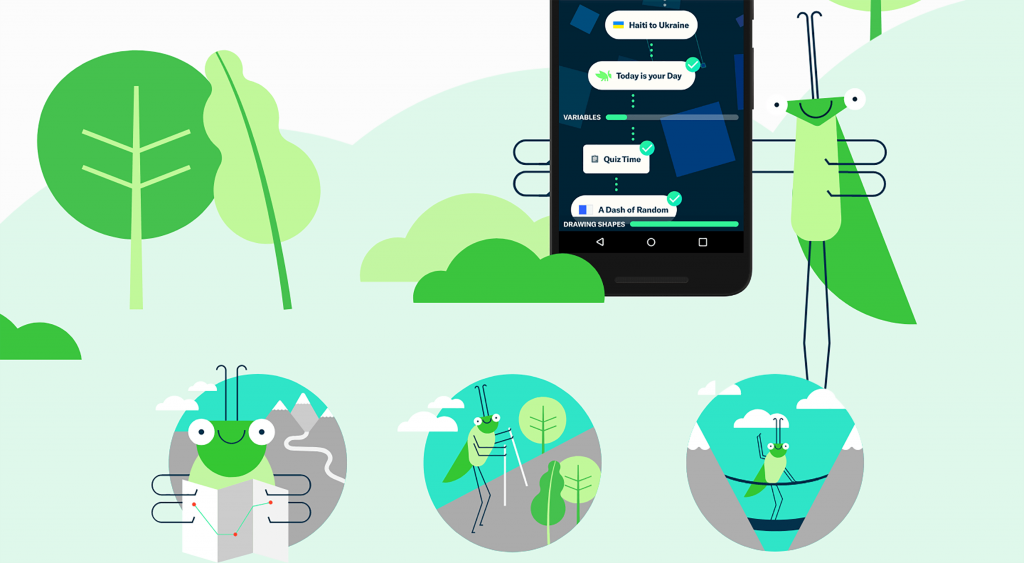
If you hate dealing with lag problems—so do your potential users. Nobody wants a slow-loading program. Why? Time is essential, and people cannot afford to wait for a long time to load the application.
Therefore, you must conduct performance tests on your app. Does it run fast or slow? If your application is lagging during the testing, you should figure out what’s wrong and fix the problem.
One common reason why your app runs slowly, however, can be because of your programming. If your code is too long, it might be the primary cause why the application lags. Remember that having shorter codes is more efficient and fast for mobile apps.
4. Enhance Security

Security is essential for both the developers and users. It protects them from viruses, hackers, and data breaches that are harmful to the application. Testing the app would also help avoid security issues and develop a solution in dealing with the problem.
To enhance security, you can identify the possible threats (such as hackers) that can affect the application. Examine the application and run it through various security testing tools to ensure that your app is safe to use.
5. Gather User Feedback
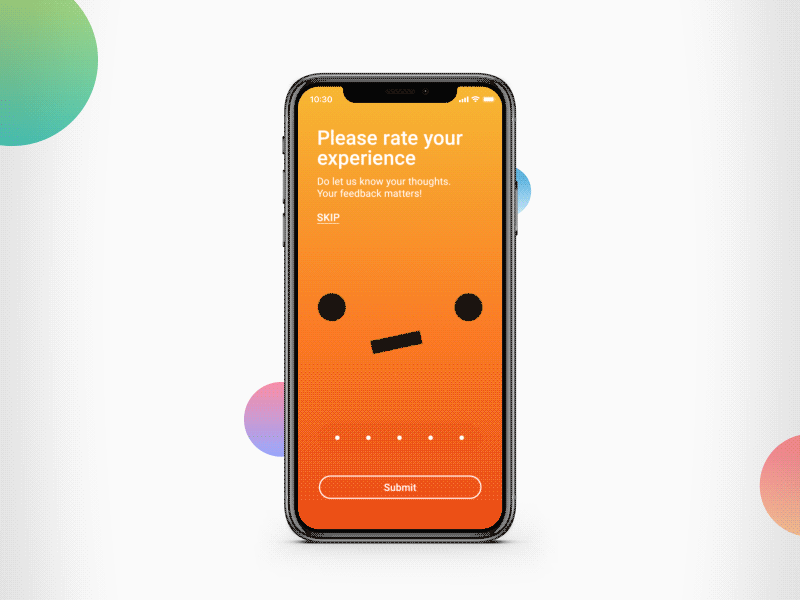
The users are the foundation to your application’s success. Thus, it is reasonable to ask users for feedback and suggestions to improve the app. But how can you do this if you have not launched the application yet?
Beta testing is a thing in the mobile app industry. It allows voluntary users to evaluate your application and give feedback after the process. If you plan to publish your app on the Google Play Store, you have the choice of allowing people to be beta testers to use the app before the official launch.
Below are some questions you can ask the beta testers for better mobile app development:
● Does it lag or not?
● Is it compatible with your smartphone?
● Do you find the look and appearance aesthetic?
● Can you give some suggestions for better improvement?
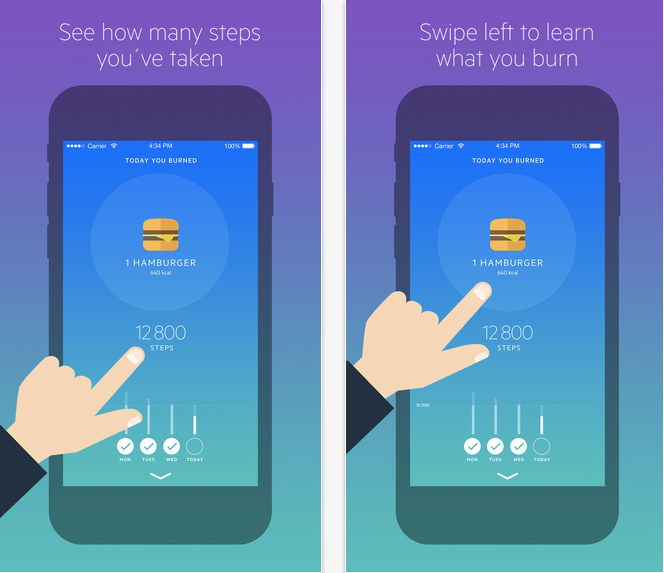
For you to launch a mobile application successfully, it is essential to listen to user feedback. Beta testing allows you to do so and improve the app further before its official release.




